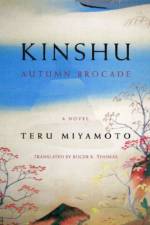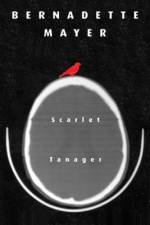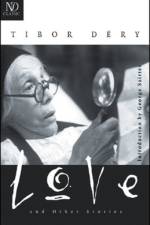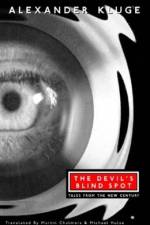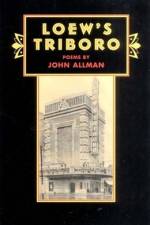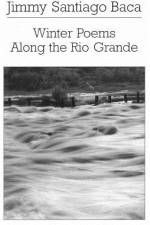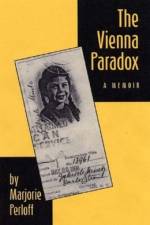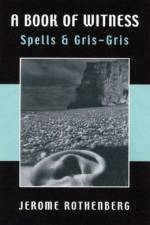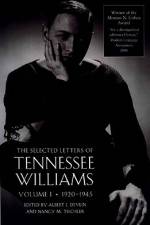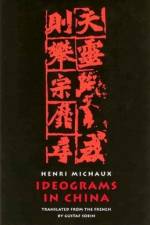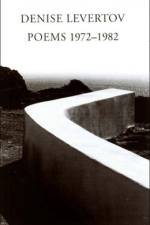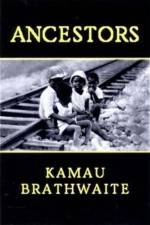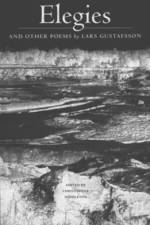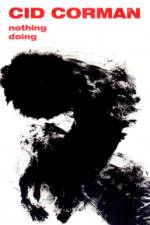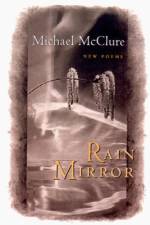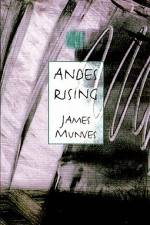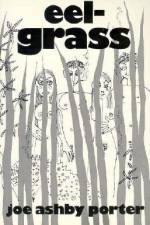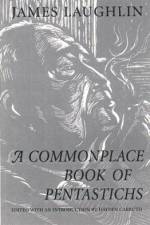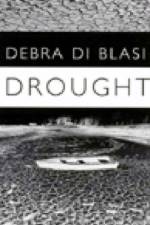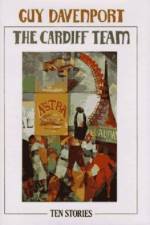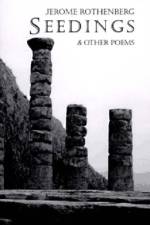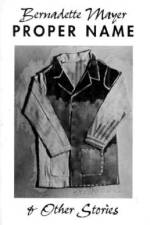av Joe A. Porter
95,-
Eelgrass, Joe Ashby Porter's first novel, takes place on an unnamed island somewhere just offshore the Atlantic coast of our imaginations. The ingredients of this wonder-full story blend together as effortlessly as the cocoa and marijuana in the Alice B. Toklas brownies baked (repeatedly) by Daisy, owner of the old farmhouse that serves as a summer commune for herself and her "guests": practical Annabel, guitar-playing Jimbo, puppylike Thuggy, and Carter, the golden boy. Add to the five young people: two beautiful, fay "pushers" who live in the woods and keep the whole island well supplied with a cornucopia of uppers, downers, hallucinogens, coke, and hash; one wiry widow of a sea captain, the oldest resident on the island, who saves inept sailors like Thuggy and Jimbo from themselves; one misanthropic musician who wants to steal Daisy's farmhouse; one frantic capitalist, his wife and two little girls (who have a talent for stumbling in on adult activity); and one carnivorous were-creature who lives on the island, unknown to all the others. The result is a dreamy midsummer madness that is at once wistful and hilarious, suspenseful and touchingly innocent; for here, greed, ambition, violence, the confrontations of real life exist but have lost all power to harm. The narrative is simple, direct, lyrical; it produces a powerful nostalgia for what was hoped for in those days before the "greening of America" withered in the bud. Author Porter comments: "I began the novel in 1970 and very quickly it was clear to me that the book would be in part an envoi to the preceding decade. There are kinds and kinds of dreams. Eelgrass is meant to delight and be accessible, it is meant to be sunny and give comfort and hope to as many people as possible. It is meant to let them smile remembering it, like a vision of innocence."

